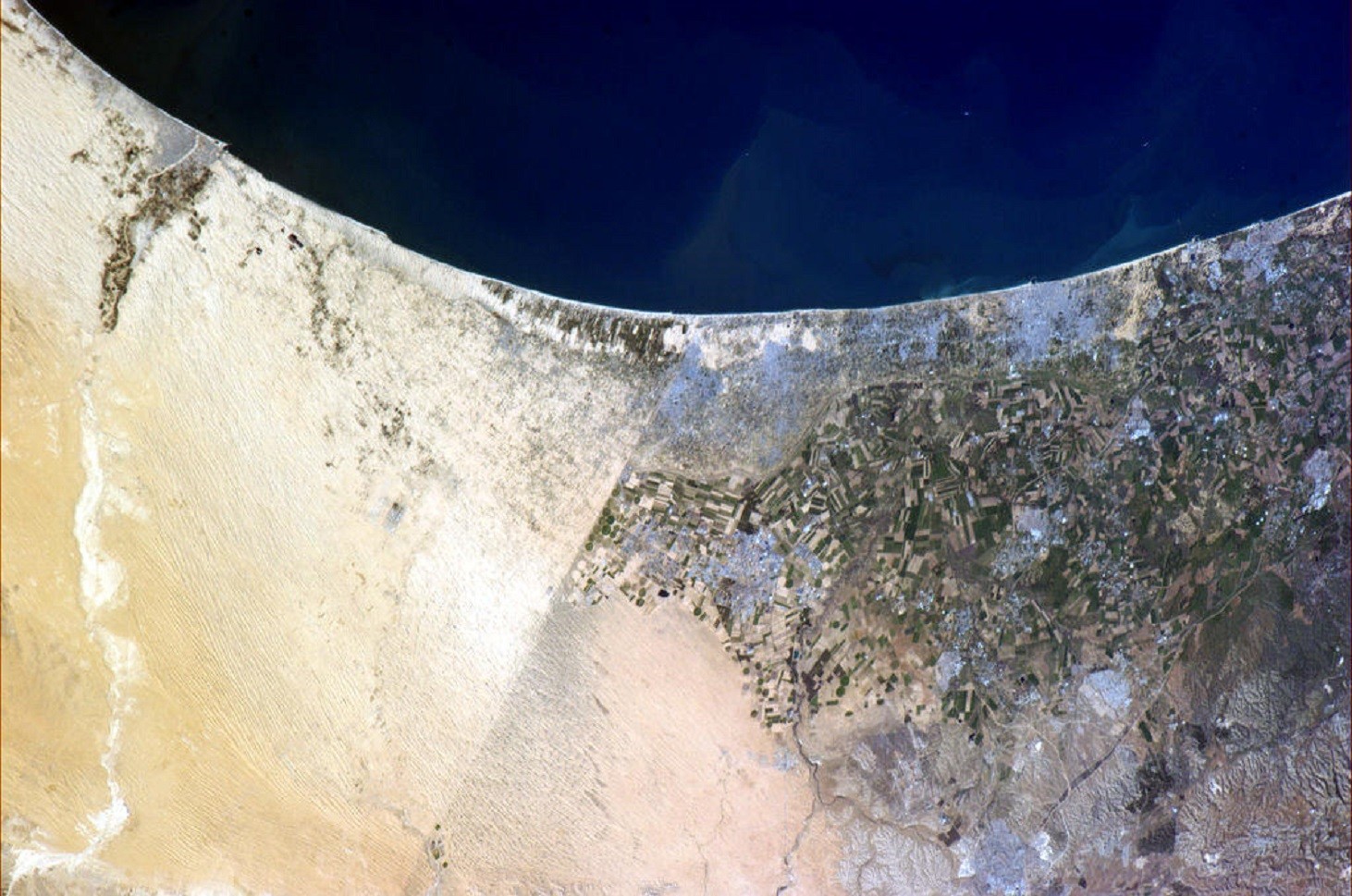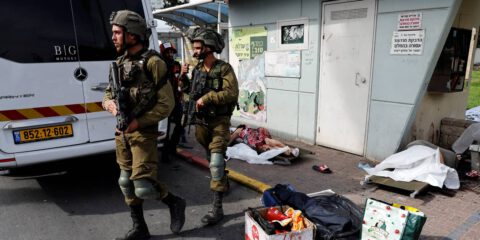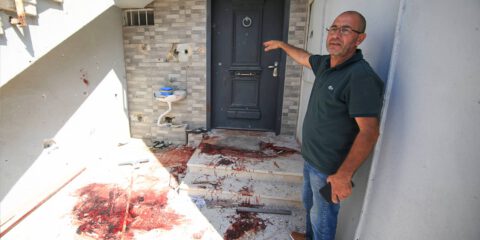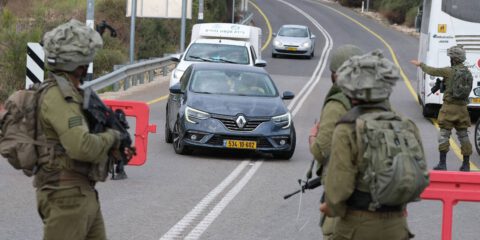The government should act with magnanimity towards the civilian population in Gaza while preparing the IDF for intensive warfare against Hamas.
During the recent Israeli election campaign, there were those who called for “victory” over Hamas and boasted they “knew” how to achieve this. While such pre-election bravado can be discounted, it is important to systematically evaluate how Israel can “win.”
This involves an assessment of regional conditions (including Israel’s ties to the PA and Hamas), definition of Israel’s diplomatic-defense priorities, and discussion of operational plans and options versus an enemy that has no interest in cooperating with Israel and knows how to overcome many Israeli measures.
Five basic facts underpin Israel’s confrontation with Hamas. First, there is an overwhelming power differential between the two sides. Second, divisions in the Palestinian national movement are persistent, with unity unlikely. Third, Hamas is determination to make life miserable for Israelis, and to give Israel no security respite. Fourth, is the fact that a certain pattern of ineffective strike-and-reprisal has set-in, and this is frustrating and unsatisfactory to both sides. Fifth, that this pattern inevitably will lead to escalation.
Beating Hamas is not the core Israeli interest, but rather security calm in the present moment, and a reduction in the threat from Hamas over the long term. Israel must seek to achieve this without any expectation of cooperation from Hamas –which will continue to exploit Israeli weaknesses, despite the power differential between the IDF and Hamas.
Consequently, against this inferior enemy Israel should adopt a dual posture: Act with magnanimity towards the civilian population in Gaza (as befitting the stronger power), while preparing the IDF for intensive warfare against Hamas if Israel’s generosity is rejected (again, as appropriate for the stronger power).
Magnanimity towards means investing in the economy and infrastructure of Gaza. This includes an expansion of local electricity production capabilities or the provision of electricity from israel and Egypt, and improvement of water and sewage facilities. (This does not include giving Hamas a naval facility, which would carry significant security risks). This might also include allowing more Gazans to work in Israel, in a carefully graduated and monitored fashion. Allowing several thousand Gazans back into Israel every day in order to earn a steady wage might contribute to stability.
In this context, Israel should evaluate what other powers in the region can do to help maximize this dual strategy successfully, such as increased security cooperation with Egypt to interdict the flow of weaponry into Gaza from Sinai. Israel should also continue to build its above-ground and below-ground fences around Gaza, as well as its air defenses, to protect Israelis in the eventuality of renewed conflict.
Israel should not expect any assistance from the Palestinian Authority in any of this. Deep divisions among Palestinians (Hamas vs. Fatah) seem to be a very permanent feature of the political environment, even if the occasional, fictitious, Palestinian “unity” agreement pops-up every once in a while.
If Hamas persists in confrontations despite Israeli magnanimity, then Israel should halt all aid to Gazans and gear-up for intensive warfare against Hamas, aimed at destroying its military capabilities. And note: Destruction of civilian infrastructures in Gaza won’t deter Hamas; its military men and assets must be targeted instead. Its fighting ranks must be decimated, so that Hamas truly “loses” the war and its narrative of “heroic resistance” is crushed.
Intensive warfare against Hamas will involve tough, significant and penetrative ground and underground warfare in Gaza. The IDF must steel itself for this, and not be deterred by fear of enemy capabilities or doubts about Israeli army capabilities.
In ground operations against Hizballah in Lebanon and Palestinians in the West Bank, the IDF clearly outmaneuvered the supposedly-vaunted enemy forces, and it can do so in Gaza too. And I repeat: Only a determined ground operation can bring about the victory and the security that Israeli civilians desire and deserve.
Operationally, this means targeting Hamas missile bases and depots, as well as the best Hamas military units. The IDF operation should be swift and all-encompassing, seeking to hit all necessary targets simultaneously. In order to minimize enemy fire on Israel’s civilian home front, the IDF should aim to complete its mission within one week, following which the army will withdraw to the Gaza envelope and evaluate the need for further ground strikes against Hamas.
This is the current challenge before Israeli leadership: To prepare the IDF, the Israeli public and the international community for confrontation with Hamas. It should be understood how and why Israel plans to apply very sweet and generous “carrots” alongside truly heavy and crushing “sticks.”
In the end, Israeli leadership’s first and foremost responsibility is to provide security and quality of life to Israeli citizens, especially those who live in the Gaza periphery. Israel must fight to achieve this, if necessary. Of course, war is no more than diplomacy by other means, and therefore it is important to restate the end-goal: To force an end to Hamas aggression and to fashion détente with Hamas that is based on cold, shared interests in calm.
JISS Policy Papers are published through the generosity of the Greg Rosshandler Family.
photo: NASA/Chris Hadfield [Public domain]








 - בניית אתרים
- בניית אתרים